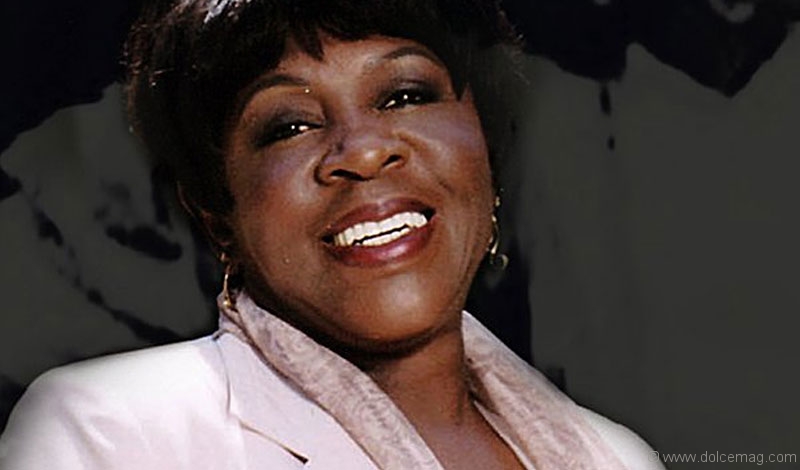The First Class Act of Oral Lee Brown
“There’s an old African phrase that says, ‘if you give me fish I’ll eat today, if you teach me to fish, I’ll eat for a lifetime,’” says Oral Lee Brown. The Mississippi native has become a North American role model, for putting it all on the line to save hundreds of inner city kids from sinking in a sea of lost opportunity.
It all started with a quarter. That’s what a little girl asked Brown for on the corner of 94th Ave. and East 14th Street in Oakland, California on a weekday back in 1987. Heading to the corner store with a five-dollar bill in her pocket, Brown insisted that the girl join her and pick out whatever she wanted. “I expected her to pick up potato chips, but the first thing she picked up was a loaf of Wonder bread.” Brown could not understand why this little girl was on a street corner instead of in a classroom. Before she was able to find out her name, the streetlight had changed and Brown watched the girl wander down a different path, bread in hand, likely to become another statistic in a city with a 40 per cent high school dropout rate. “That should have been the end of the story, but it wasn’t. Anytime I would go to bed she was my vision and I could not sleep.”
Compelled by her encounter, the real estate broker set out on a mission to find that little girl, prompting news reports, reaching out to child services and visiting local schools. Day after day she would wait patiently for her vision to reveal itself, until one of those days she took it upon herself to adopt an entire first grade class of 23 students. “I thought that if I could get access to that class I would see her … I just explained to them that if they ever wanted to talk to me or needed me that they could give me a call. I was going to be there two-to-three days a week,” says Brown, whose announcement also included a monumental promise to pay the college tuition for every student in that class.
Securing her commitment, she immediately began the Oral Lee Brown Foundation, putting $10,000 of her salary into a chequing account every year and giving the kids a glimpse of what they could one day become by introducing them to dozens of industry professionals. “I was born in Mississippi and I had 12 siblings and not one of my siblings went to college because we could not afford it. We picked cotton for a living. Everybody may not be as motivated as I am or concerned as I am but I feel and have always felt that the one thing that would free you is an education,” says Brown, who has since been featured on CNN and received the Minerva Award in 2010 from former California First Lady Maria Shriver.
Today, “Mama Brown,” as she’s so often affectionately called, has helped over 180 students attend college. “I love my babies. I probably get more Mother’s Day cards and phone calls than anybody on this Earth,” she says. University of California, Berkeley biology sophomore Julian Orejudos attests this. “She’s had a major impact on my life, because I try to follow in her footsteps … I want to become a doctor in the future and hopefully I can come back to my community in Oakland and contribute in that same sort of sense,” says the 19-year-old. “It’s really helpful for me because I know that I don’t have to worry about the financial issues that most other students here are facing.”
Brown never found that little girl who she once suspected was an angel, but in her search she’s helped dozens of others find their way. “The day that those kids walked across the stage in 1999 graduating, getting into the colleges of their choice – that said to me that all things are possible.” You don’t have to believe in fate like Brown now does, but her story gives us cause to at least question the people that unexpectedly pop into our lives – even if it’s just to ask for
a quarter.
Q: Why was education your cause instead of poverty or hunger?
A: Everybody has their own beliefs, but I’m with education. To help a child, give them a job, but to free a child, give them an education. It’s the only thing that will free us all.
Q: What message do you want to send to our readers?
A: Look at the little people – they are somebody, too. They are our future. You may have to work a little harder, you may have to work a little longer, but I guarantee you a child is teachable, and I know that first-hand.












































































No Comment